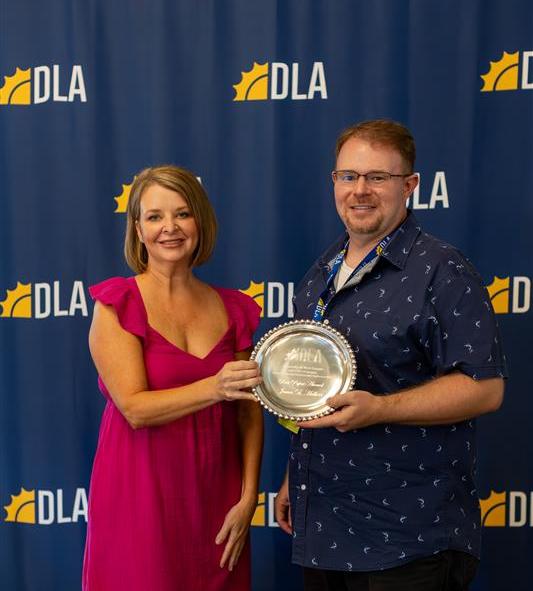For most universities, plagiarism is nothing new. It has been an issue for students since the first paper was submitted.
But in the age of artificial intelligence (AI), it has become an even bigger challenge for educators and academia.
“AI certainly has its place,” said James Halbert, Ph.D., program director of the Master of Arts in Industrial and Organizational Psychology online program. “But no professor wants to give zeros to their students because of plagiarism, especially those done unintentionally.”
Addressing plagiarism among students using AI is what led Dr. Halbert to wonder: What can higher education institutions do in tackling the challenge head-on?
The answer to that question was published in the white paper, “Artificial Intelligence and Plagiarism,” which explored Adler University’s efforts in creating a best practices model that supported students and faculty at its Chicago, Vancouver, and online campuses. It was co-written by Dr. Halbert, along with fellow Online Campus faculty members Donna DiMatteo-Gibson, Ph.D., Marianne Cabrera, Ph.D., Tricia Mazurowski, Ph.D., and former Online Campus Executive Dean Maleka Ingram, Ph.D.
Published in the June 2025 edition of the Online Journal of Distance Learning Administration, their work was recognized with the Best Paper Award at the Distance Learning Administration Conference, held July 27-30 at Jekyll Island, Georgia.
“To be recognized was a wonderful surprise, and it spoke to the value and importance of this subject matter because we are not the only institution encountering these challenges,” said Dr. Halbert.
The white paper outlined Adler University’s efforts, including the creation of a taskforce to examine and evaluate its Academic Honesty Policy and making necessary changes that help address the rapid growth in usage of AI tools. All policy changes were then approved by all three faculty councils and implemented in Spring 2024.
“Our purpose was not to go after students with more rules and regulations, but rather to protect the integrity of the institution and all the stakeholders it harbors,” Dr. Halbert said.
Implementing changes required the University to offer training for its faculty and students. These include training sessions that helped faculty and students better understand two specific software programs offered by the University: Grammarly and Turnitin.
Grammarly is an auto-proof reading system that can give substantial feedback for writing. While Adler’s professional account of Grammarly does not use AI, other readily available versions do. This could lead to Turnitin, an advanced AI writing detection software that helps faculty evaluate their students’ work, flag the student’s work for possible plagiarism, prompting further investigation if a student plagiarized any work.
So, if it is plagiarism, then what?
The white paper included a planned course of action that faculty and students can follow. This ranged from giving students a chance to redo their work to what happens for repeated offense.
“I hope our white paper is just the beginning, that Adler and other institutions continue to build upon our work,” said Dr. Halbert. “Technology and AI will continue to evolve. What might be the reality now may not be tomorrow.”
